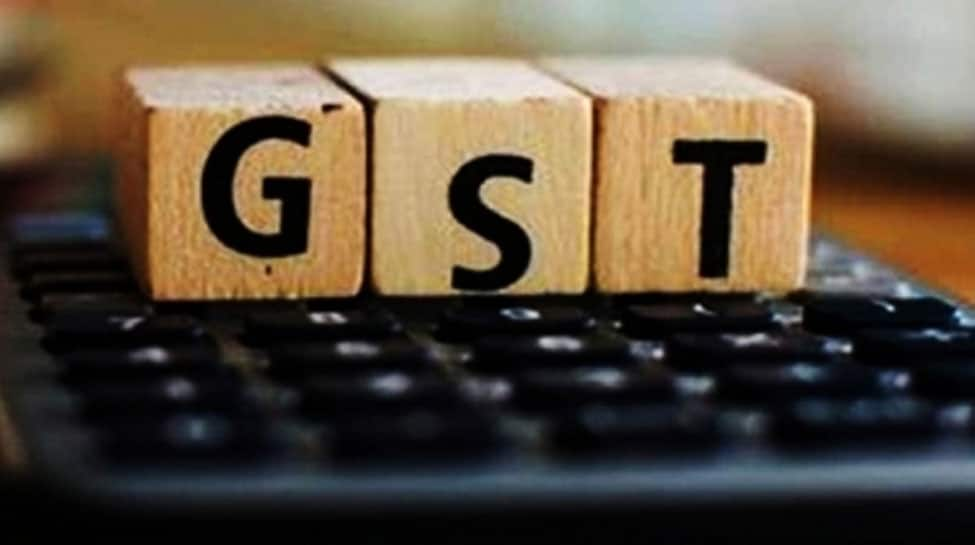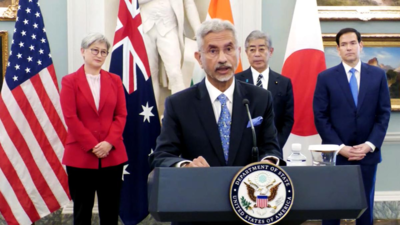GST Stands Out As A Landmark Reform That Has Reshaped India’s Economic Landscape: PM Modi On 8-Years Of GST | Economy News

New Delhi: Prime Minister Narendra Modi has remarked that eight years since GST was introduced, it stands out as a landmark reform that has reshaped India’s economic landscape. “By reducing the compliance burden, it has greatly improved the Ease of Doing Business, particularly for small and medium enterprises”, Shri Modi stated.
The Prime Minister posted on X: “Eight years since it was introduced, GST stands out as a landmark reform that has reshaped India’s economic landscape. By reducing the compliance burden, it has greatly improved the Ease of Doing Business, particularly for small and medium enterprises. GST has also served as a powerful engine for economic growth, while fostering true cooperative federalism by making states equal partners in this journey to integrate India’s market.”
Eight years since it was introduced, GST stands out as a landmark reform that has reshaped India’s economic landscape.
By reducing the compliance burden, it has greatly improved the Ease of Doing Business, particularly for small and medium enterprises.
GST has also served as… pic.twitter.com/RpvYRwTEwl
— Narendra Modi (@narendramodi) July 1, 2025
Journey of GST: Key Milestones
– 2000: GST was first conceptualized; a committee was set up to design the framework.
– 2003–04: The Fiscal Responsibility and Budget Management (FRBM) Committee recommended implementing GST.
– 2006: The Union Finance Minister announced in the Budget Speech that GST would be introduced from April 1, 2010.
– 2009: The first discussion paper on GST was released, laying the groundwork for public and stakeholder engagement.
– 2011: The Constitution (115th Amendment) Bill was introduced in Parliament to incorporate GST provisions.
– 2011–13: The GST Bill was referred to a Standing Committee for further review.
– 2014: The 115th Amendment Bill lapsed with the dissolution of the 15th Lok Sabha.
– 2014–15: A fresh Constitution (122nd Amendment) Bill was introduced and passed in May 2015.
– August 2016: The Constitution (101st Amendment) Act was enacted, paving the way for GST.
– September 2016: The GST Council was formed and held its first meeting.
– May 2017: The GST Council finalized and recommended all supporting rules.
– 1st July 2017: GST was officially rolled out across India, replacing multiple indirect taxes with a single tax system.







